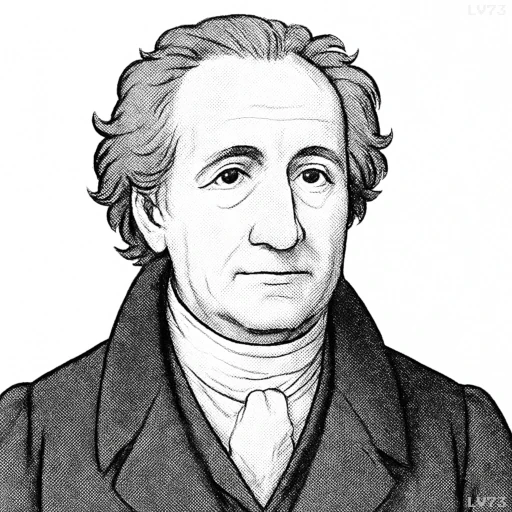“I never knew a more presumptuous person than myself. The fact that I say that shows that what I say is true.”

- August 28, 1749 – March 22, 1832
- German
- Poet, playwright, novelist, philosopher, politician
table of contents
Quote
“I never knew a more presumptuous person than myself. The fact that I say that shows that what I say is true.”
Explanation
Goethe speaks with irony and self-awareness in this statement, acknowledging that his self-reflection and admission of presumption in itself confirms the truth of his assertion. By recognizing and openly admitting his own presumption, he ironically highlights his self-awareness, which, in turn, acts as evidence of his humility. In a way, the very fact that he is conscious of his presumptuousness and willing to openly express it suggests a deeper understanding of himself, making his claim paradoxically true. This statement shows how we can often demonstrate the truth of a personal flaw or characteristic by acknowledging it and reflecting on it openly.
Historically, this idea aligns with Goethe’s exploration of the complexity of human nature. Goethe often examined the tensions between the public persona and the inner self, as well as the self-awareness required for personal growth. During the Romantic period, thinkers like Goethe were deeply interested in self-exploration and the paradoxes of human character. Recognizing one’s flaws is a critical step in self-awareness, but the very act of recognizing and admitting those flaws can be seen as an act of humility and wisdom.
In modern contexts, this idea resonates with the concept of self-awareness and personal growth. Today, self-reflection is seen as a key component of emotional intelligence and personal development. The ability to recognize and acknowledge our own flaws or presumptions can lead to deeper insight and authenticity in how we relate to others. This is often seen in therapy, coaching, and leadership development, where individuals are encouraged to confront and express their own weaknesses in order to grow and build more meaningful relationships.
Goethe’s words remind us that true self-awareness involves acknowledging not only our strengths but also our flaws. The very act of recognizing and admitting our imperfections can be a sign of personal growth, as it shows that we are deeply engaged in understanding our own character, even in the face of presumption.
Would you like to share your impressions or related stories about this quote in the comments section?



